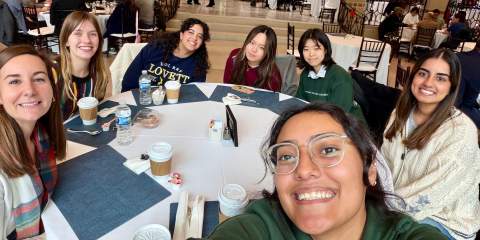What do you get when you combine a plane trip across the world, fields full of giraffes, and enough fossils to blow my childhood mind? My summer class! This past summer, I traveled to Tanzania for two weeks as part of the Rice summer course, BIOS/ANTH 323: African Savanna Ecology and Paleoecology. This course focused on ecology and biological anthropology, and I was able to learn so much by actually being in the areas where the research in my textbooks is conducted!
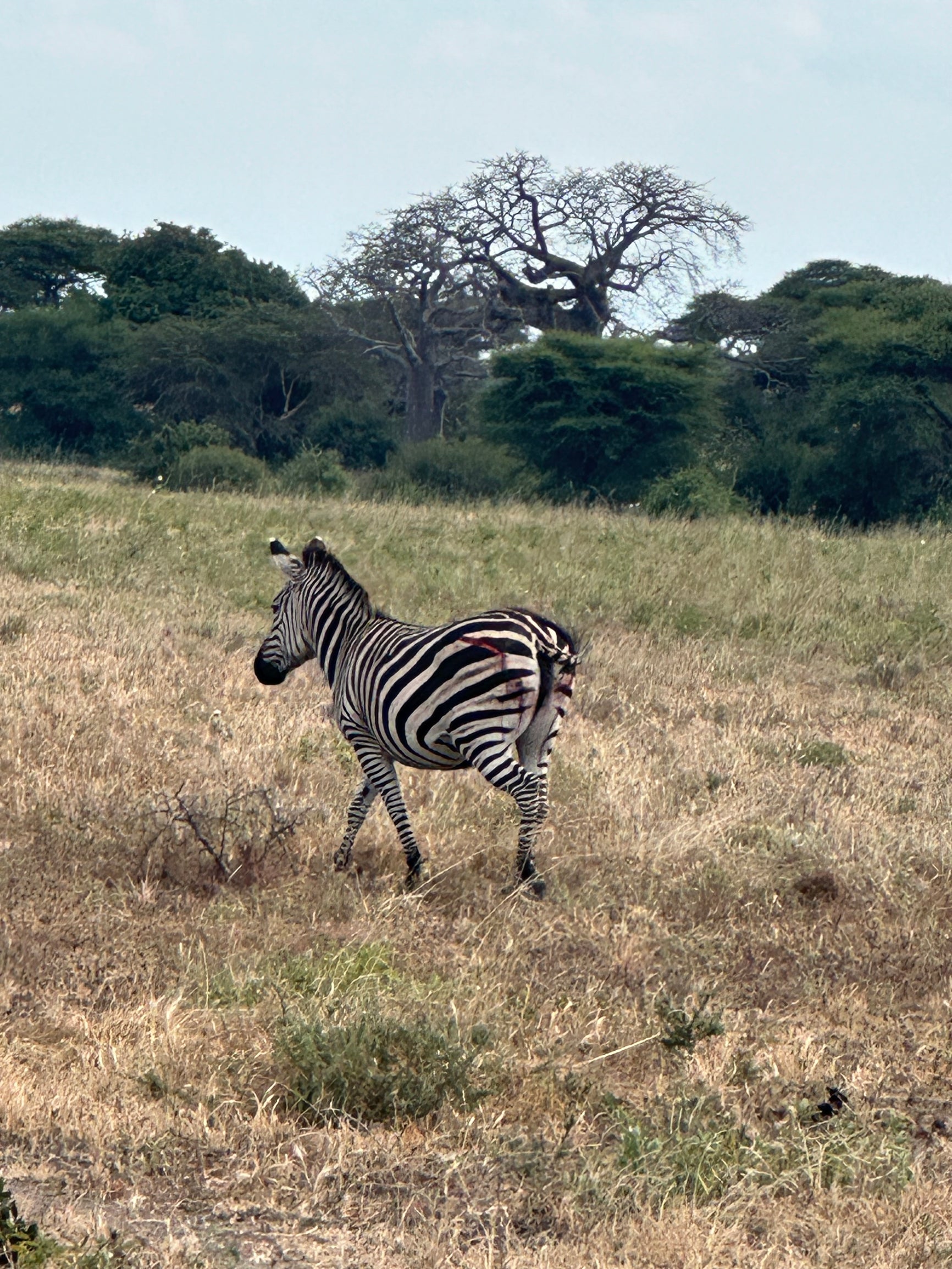
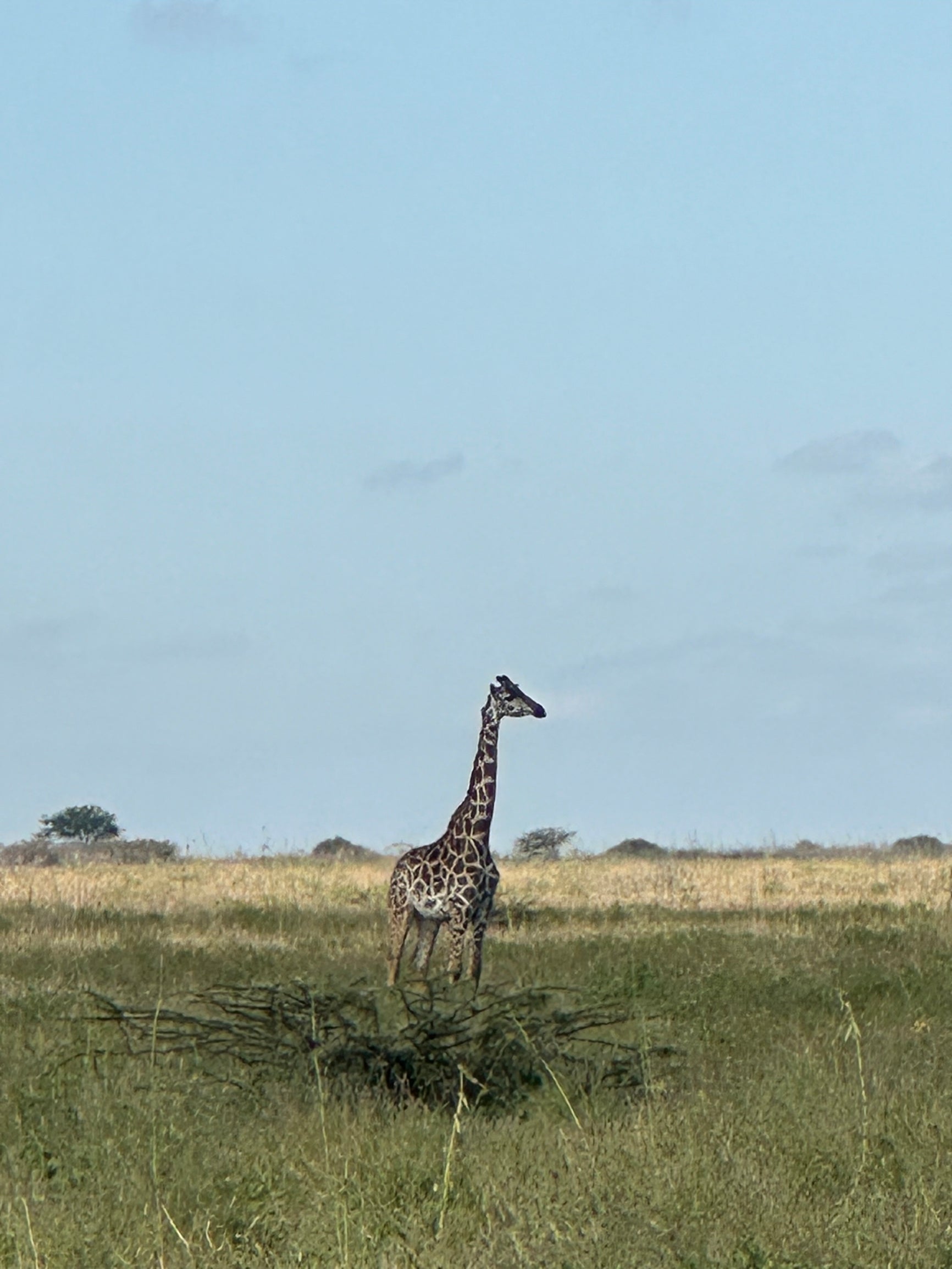
At Rice, we have many study abroad programs of varying length and academic topic, and they are great opportunities for experiential learning. Some students will study abroad through dedicated programs, but I opted to study abroad through a Rice summer course. To give some background, I took two ecology and biological anthropology courses during my freshman year as part of the flexible distribution system at Rice. The flexible distribution system allows students to take courses in a variety of academic disciplines outside of their path of study. These courses were outside of my major, and this was a great chance for me to explore an academic passion out of pure curiosity. As a result of these classes, I developed a strong interest in those fields and developed a great relationship with the professors, which led me to take this summer course.
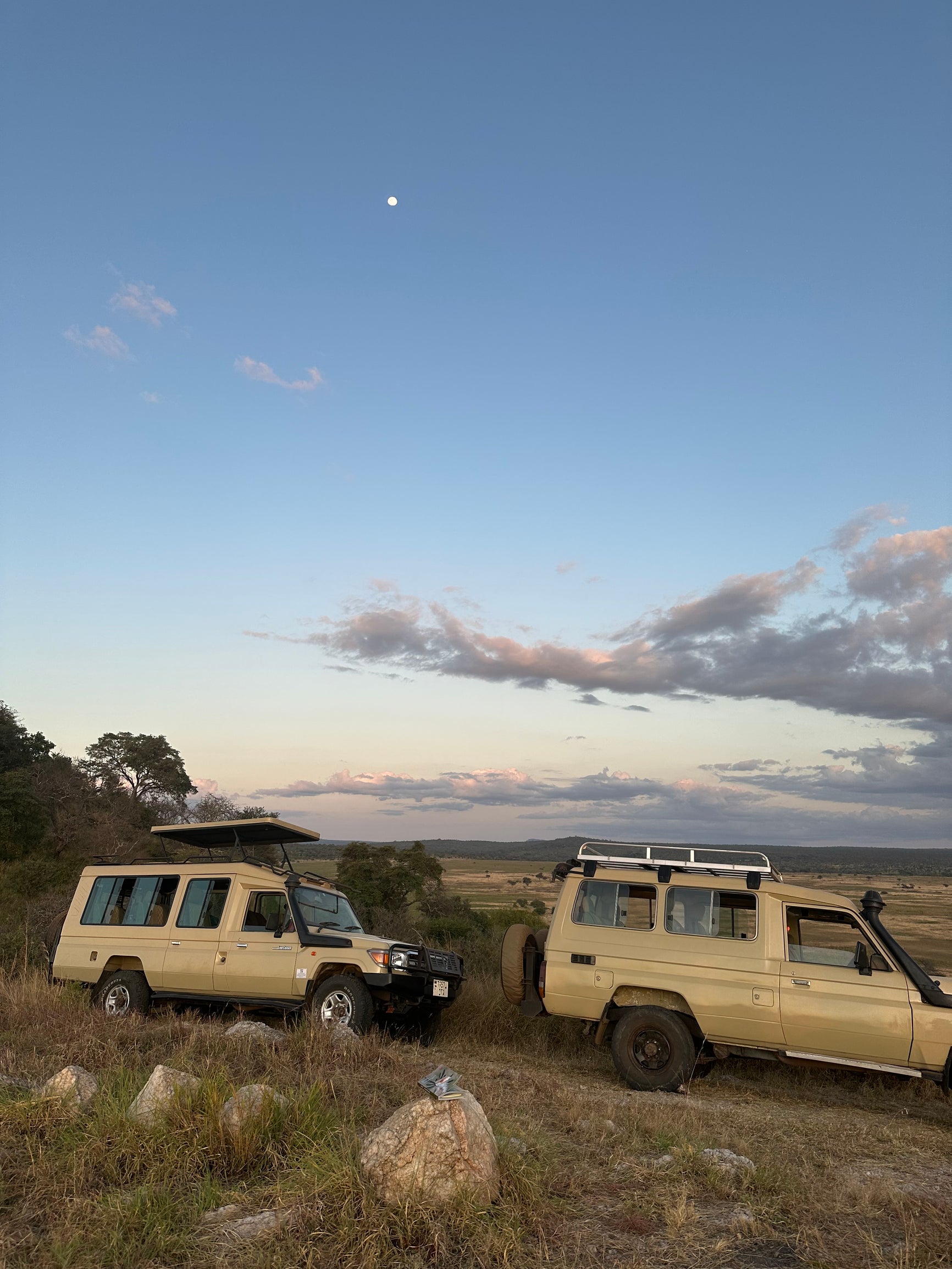
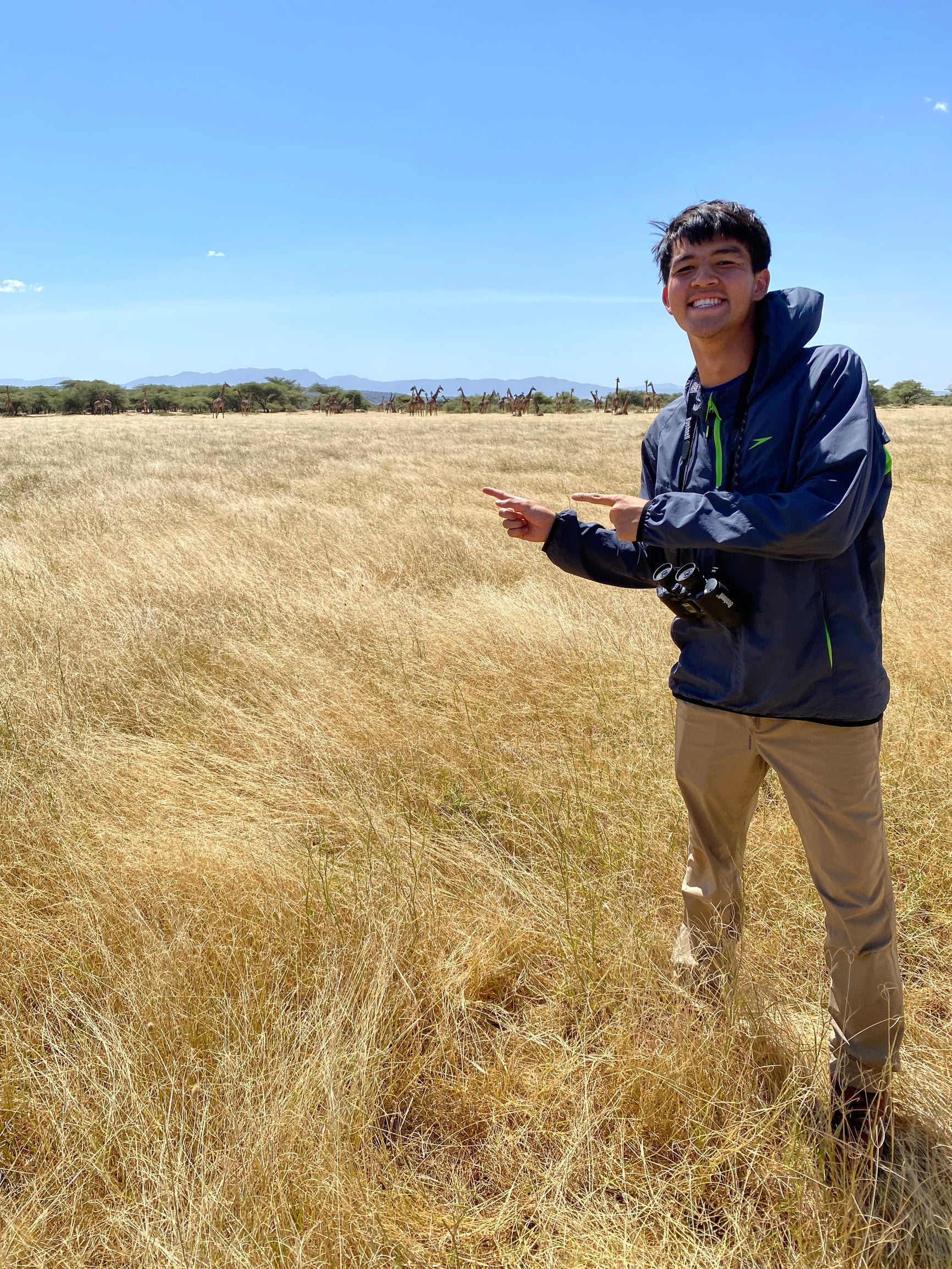
For two weeks during the summer of 2024, I traveled, researched, and studied in Tanzania. The bulk of our trip was spent at a remote research station in Olduvai Gorge — a famous paleoanthropological site nicknamed “the cradle of mankind”. In addition to learning from the researchers who were stationed there, I also assisted with the ongoing excavations at many different key sites. On some days, I used the ancient stone tools that human ancestors once wielded to uncover and collect fossils from a variety of ancient species. On other days, I traveled to well-known conservation sites and national parks such as the Ngorongoro Crater and Serengeti.
Here, I saw so many different animals that were covered in ecology courses I had taken before such as giraffes, elephants, and zebras. I even witnessed frightening, yet amazing encounters pulled straight from a National Geographic documentary such as a pride of lions feeding on a buffalo. I also participated in lectures taught by my professors, my classmates, as well as local professionals to help further my education while abroad. Outside of these experiences, I engaged in many cultural experiences that could not be replicated inside a classroom. For example, I spent one afternoon shopping at the equivalent of a farmers market for the Maasai — the local tribe.
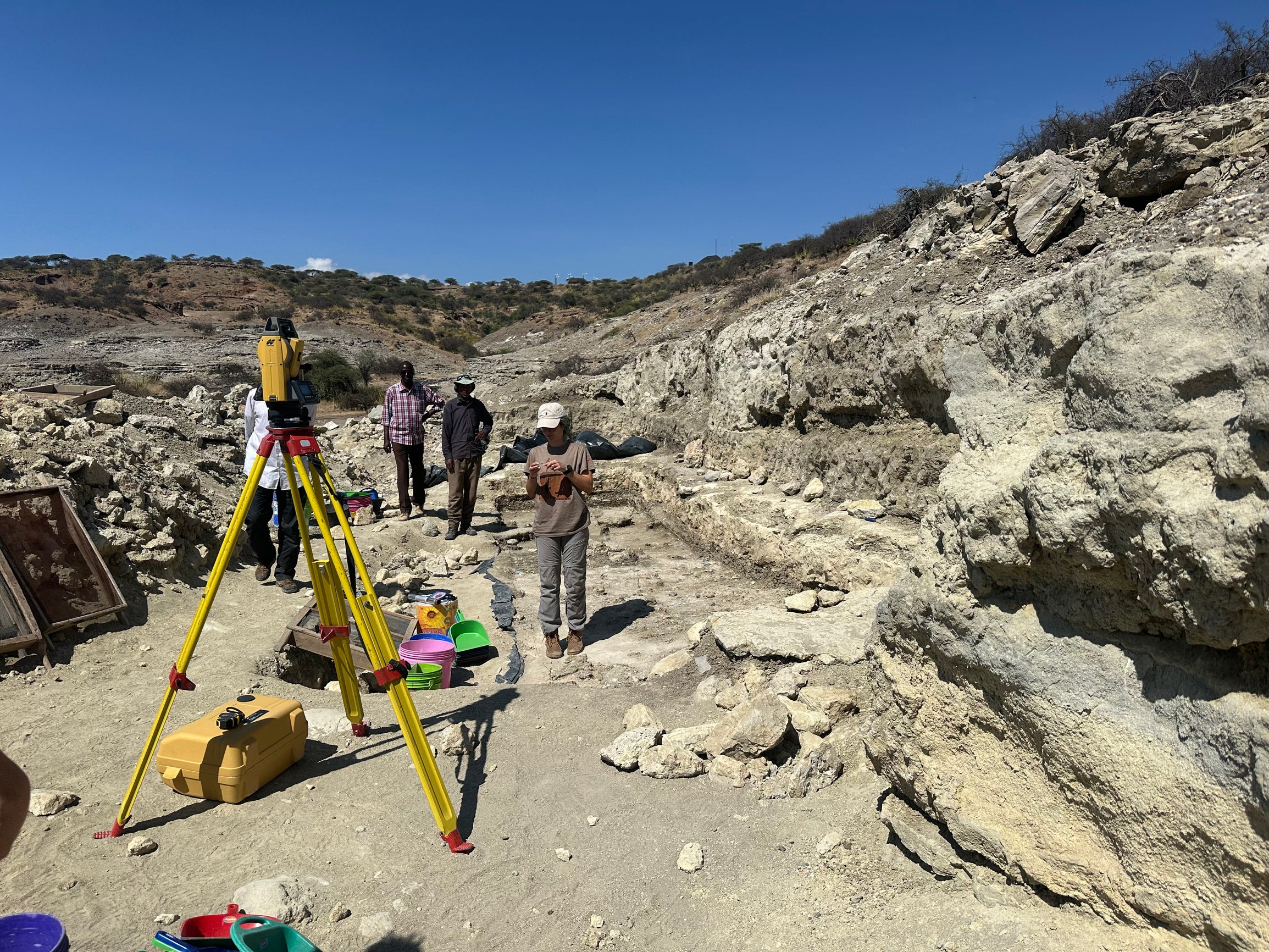
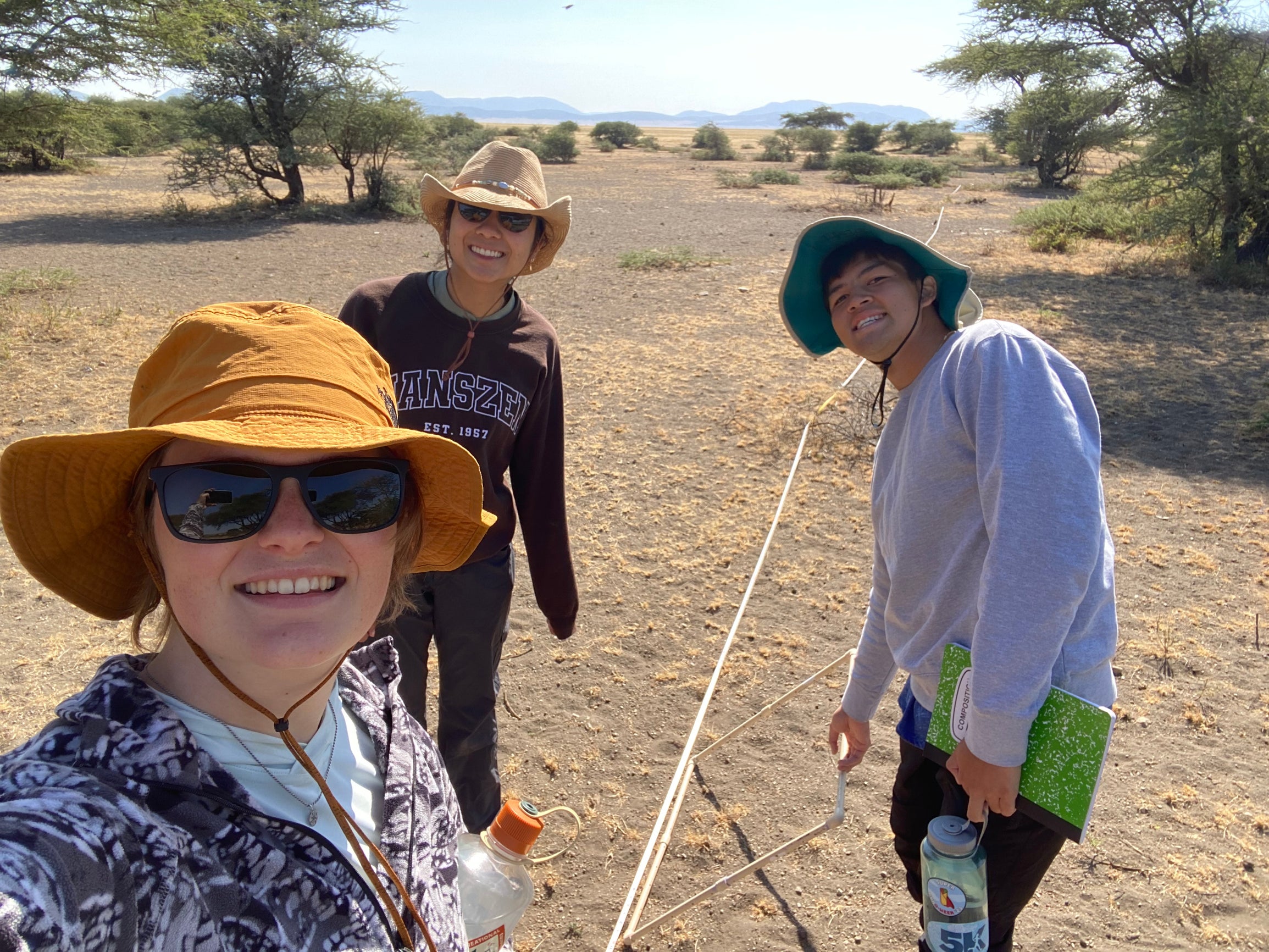
My experience in Tanzania was a truly unrivaled opportunity. I felt that my learning was greatly improved through the opportunity to engage in coursework out in the field in Tanzania. I could go on and on about more specifics from my trip, but I will refer you to this link, where you can read more about my experiences through daily blogs posted by myself and my classmates. If you are interested in other study abroad opportunities, I also suggest that you check out our webpage.
-Milton, ‘26 Wiess (Published on 11/21/2024)
Keep Exploring
As a senior Mechanical Engineering student at Rice with three internships under her belt, Claire, Martel '26, has both the skills and confidence to succeed and conquer the corporate world. But her path wasn’t always easy! Discover how resources at Rice helped shape her journey as a future mechanical engineer.
Landing a research position doesn't have to be a cutthroat competition! From Google Forms to sheep brain dissection, explore how Jessie, Duncan '28, navigated Rice’s limitless opportunities to secure hands-on experience in an I/O Psychology lab.
For Aoife, Wiess ‘27, being an engineering major at Rice means endless opportunities. Explore how her involvement in the American Institute of Chemical Engineers chapter at Rice has shaped her journey!
Helpful Links
713-348-7423
admission@rice.edu
M-F 8:30 a.m. to 5 p.m. CT

